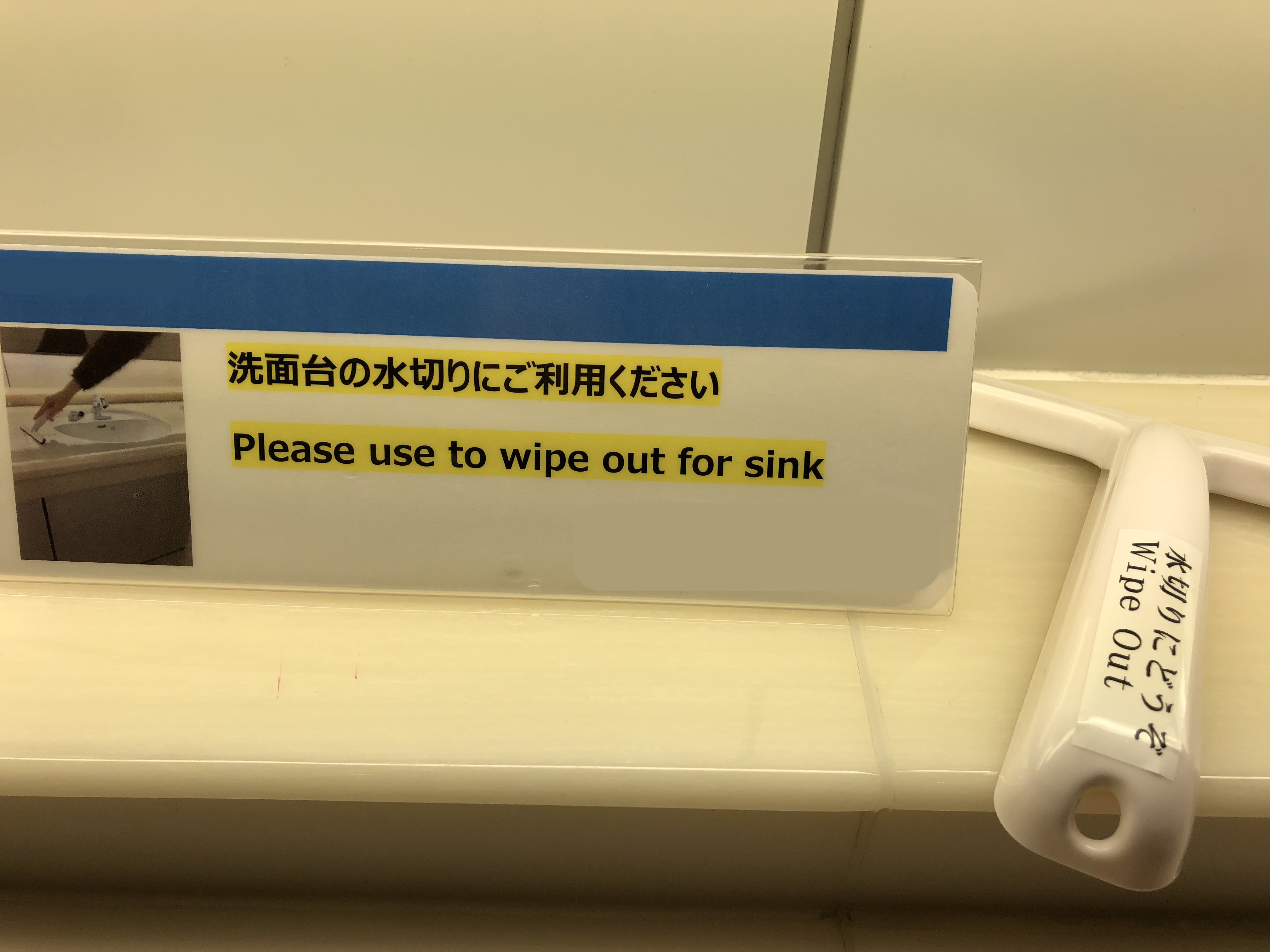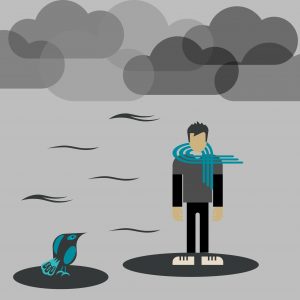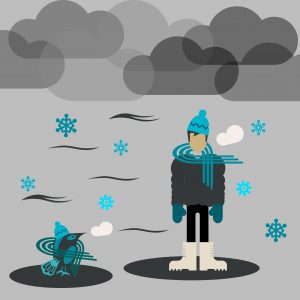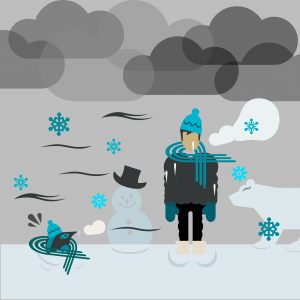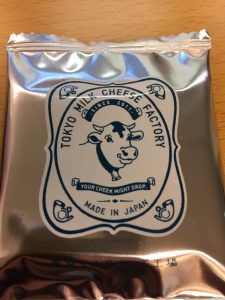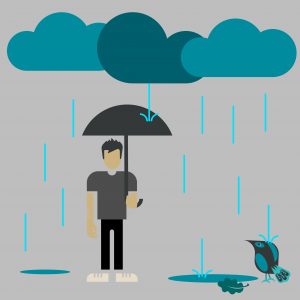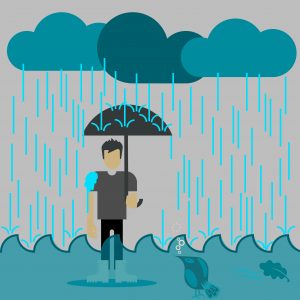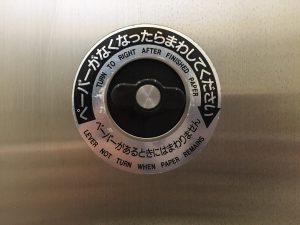
As an English teacher, I correct this mistake EVERY SINGLE DAY. I’m not joking. It is one of, if not the most, common mistake made by students in Japan.
Almost is used when talking about approximation, while Most references majority.
「殆どの〜」と言いたい時に “almost” を使うのは間違いです。 “Almost people” = もう少しで人、と言うことは猿?! 違いますよね。こういう時は “most” を使いましょう。
「ほぼ」と言いたい時に “almost” を使うのも間違いです。 “I almost eat soba for lunch.” = 昼食はもう少しでお蕎麦を食べています。意味が不明ですよね。こういう時は “mostly” を使いましょう。
(X) Almost Japanese food is healthy. → Most Japanese food is healthy. = 殆どの和食はヘルシーです。
(X) She finished almost her homework. → She finished most of her homework. = 彼女は宿題を殆ど終わらせました。
(X) I almost stayed at home this past weekend. → I mostly stayed at home this past weekend. = 先週末はほぼ家にいました。
(X) He almost eats pistachio ice cream for dessert. → He mostly eats pistachio ice cream for dessert. = 彼はデザートの時には大体ピスタチオアイスクリームを食べます。
(O) He’s almost done with work for today. = 彼は今日の仕事はもう少しで終わります。
(O) I almost missed my train this morning. = 私は今朝もう少しで電車に乗り遅れるところでした。
(O) It’s almost midnight. = あともう少しで夜中の12時です。
(O) She is almost 30 years old. = 彼女はもう少しで30歳になります。
(O) Most people from the Netherlands are very tall. = 殆どのオランダ人は背が高いです。
(O) I was able to see most of Malaysia during my trip. = 旅行でマレーシアの殆どを見れました。
(O) He spent most of his childhood in Zimbabwe. = 彼は幼年時代の大半はジンバブエに住んでいました。
(O) It was the most beautiful flower I’ve ever seen. = 今まで見てきた花の中で一番素敵でした。
※ “Almost all” を “most” の代わりに使うこともできます。
(O) Almost all Japanese food is healthy. = 殆どの和食はヘルシーです。
(O) She finished almost all of her homework. = 彼女は宿題を殆ど終わらせました。
